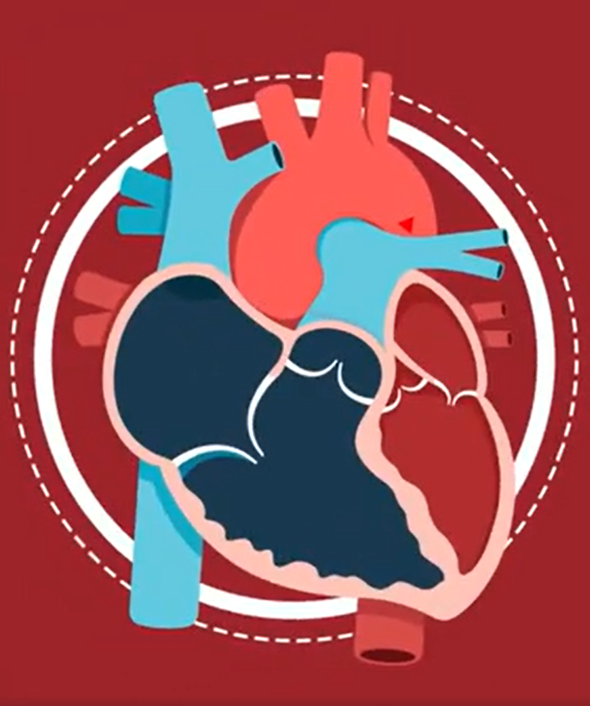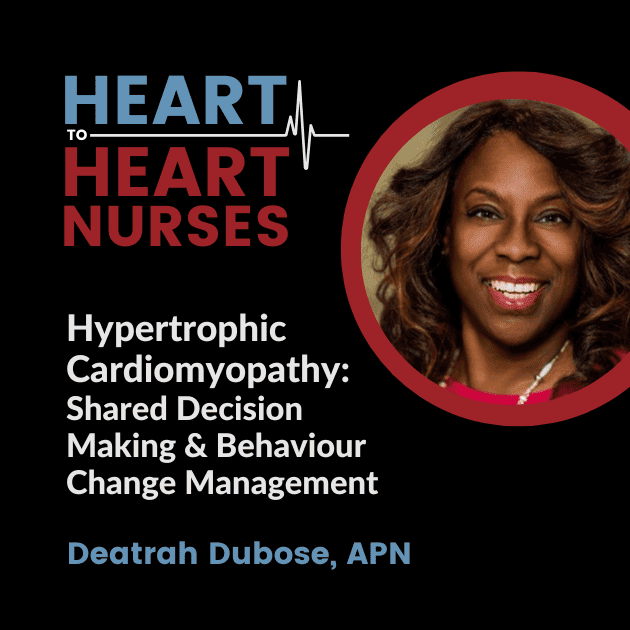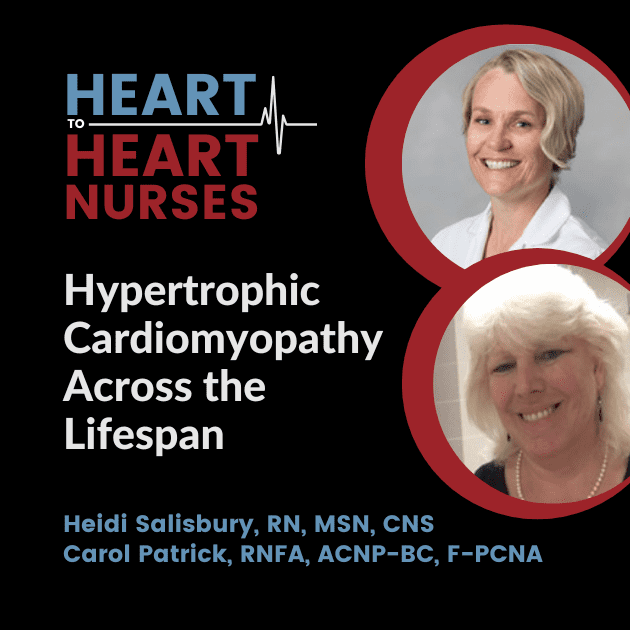About
Cardiomyopathy
Cardiomyopathy is a group of diseases affecting the heart muscle, leading to impaired cardiac function and increasing the risk of heart failure and other cardiovascular complications. As nurses, understanding cardiomyopathy, including its common forms such as hypertrophic cardiomyopathy (HCM), cardiac amyloidosis, and heart failure, is vital for providing effective care and improving patient outcomes. Common related disease states include hypertrophic cardiomyopathy and cardiac amyloidosis.
Nurses' role in patient education, symptom management, and coordination of multidisciplinary care is vital in addressing cardiomyopathy and its complications. By recognizing these conditions early and advocating for tailored interventions, you can help mitigate their impact on cardiovascular health.
Resources


Videos
Hypertrophic Cardiomyopathy Infographic: What Every Patient Should Know Animated Video
January 12, 2025



Videos
Hypertrophic Cardiomyopathy Partnerships: Primary Care and Centers of Excellence Video
January 19, 2025

Videos
A Nurse to Nurse Conversation on Hypertrophic Cardiomyopathy and Shared Decision-Making Video
January 19, 2025
Courses
0.75 CE contact hours
0.75 Pharmacology contact hours
Free
0.75 CE contact hours
0 Pharmacology contact hours
Free
News
Podcast Episodes

Cardiomyopathy
Hypertrophic Cardiomyopathy: Shared Decision Making & Behaviour Change Management

Cardiomyopathy
Hypertrophic Cardiomyopathy: Diagnosis, Treatment, and Team-Based Care

Cardiomyopathy
Hypertrophic Cardiomyopathy Across the Lifespan
- « Previous
- 1
- 2
- 3
- 4
- Next »





